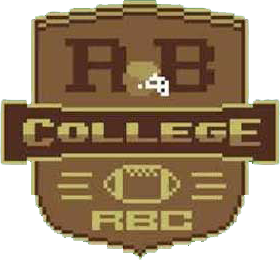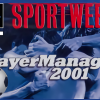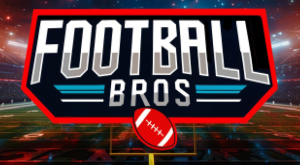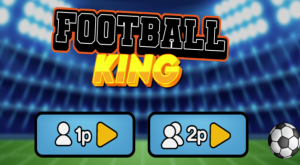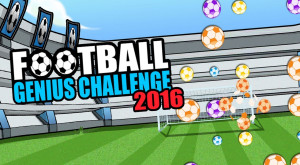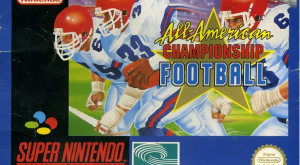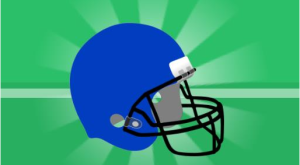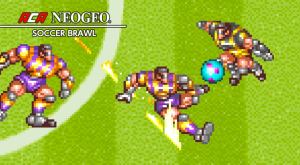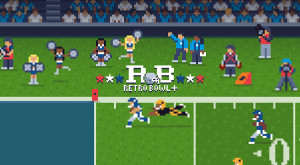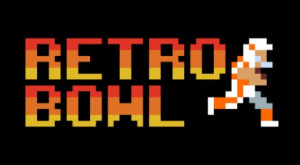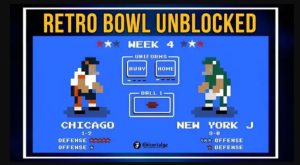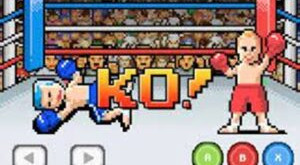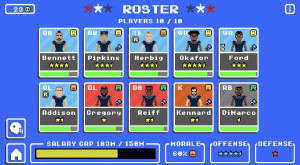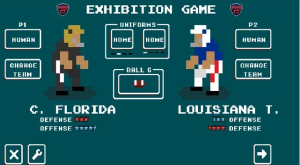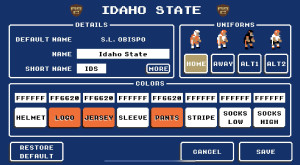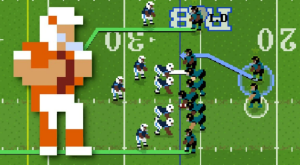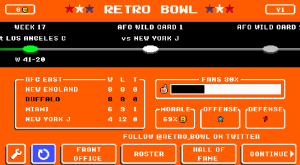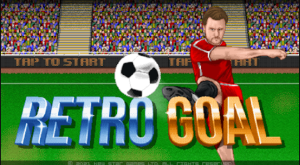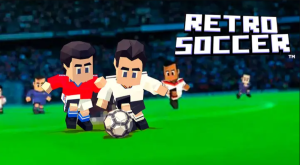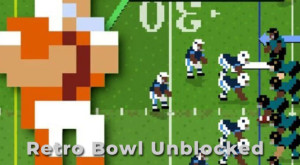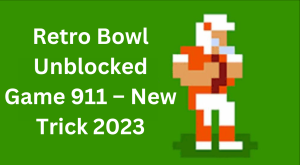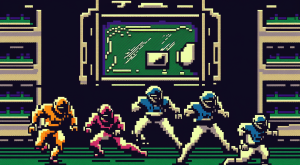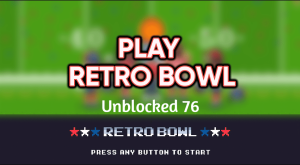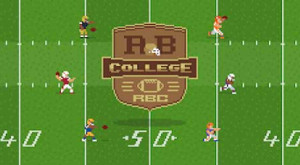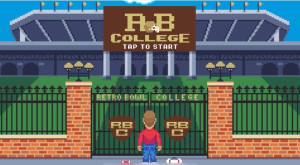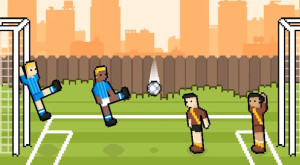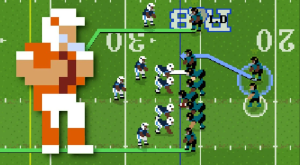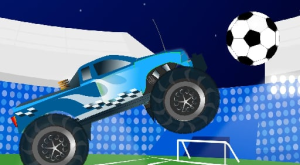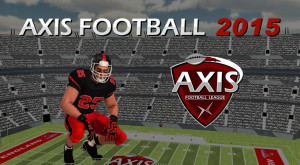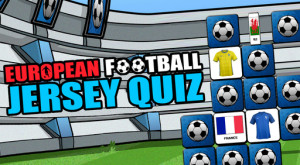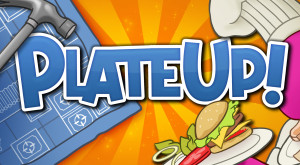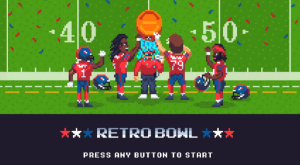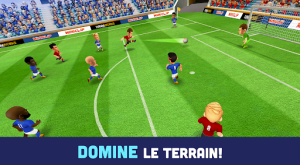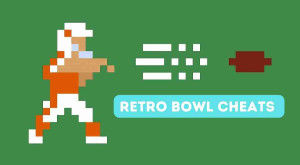Player Manager 2001 is a football (soccer) management simulation game that appears to be associated with former football manager Sir Alex Ferguson. In these types of games, players take on the role of a manager, overseeing various aspects of a football club, including team management, player transfers, tactics, and more.
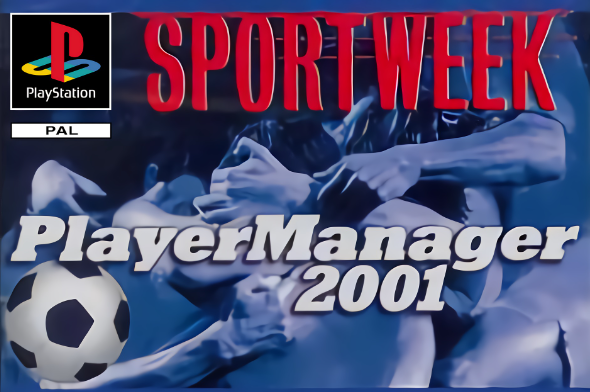
How to play
Here are some key features and aspects commonly found in football management simulation games:
Team Management:
- As the manager, you have control over team selection, tactics, and strategies for matches.
Player Transfers:
- Manage the transfer market by buying and selling players. Scout for talent and negotiate deals to strengthen your squad.
Tactics and Formations:
- Develop and implement tactical strategies and formations for matches based on the strengths of your team and the weaknesses of opponents.
Matches:
- Depending on the game, you may have the option to simulate matches or play them in a more interactive mode. Some games offer a 2D or 3D match engine that simulates the action on the field.
Training:
- Manage the training schedules of your players to improve their skills and fitness.
League Information:
- Access the latest information from various football leagues, including the Premier Division, Nationwide divisions, Scottish leagues, and Champions League.
Managerial Decisions:
- Make important decisions such as handling press conferences, dealing with player morale, and managing finances.
Controls Guide:
Controls in football management simulation games often involve using menus and interfaces to navigate various options. Here are general controls you might encounter:
Mouse or Keyboard Navigation:
- Navigate menus using the mouse or keyboard. Click or select options to make decisions.
Drag-and-Drop:
- Some games may have a drag-and-drop interface for tasks like setting up formations or making player transfers.
Menus:
- Access different menus for team management, tactics, transfers, and other aspects of the game.
Simulating Matches:
- If the game includes a match simulation feature, you may choose to simulate matches or play them in a more interactive mode.
Where to Find Controls:
In-Game Tutorials:
- Look for any in-game tutorials or guides that may provide information on controls and gameplay.
Game Documentation:
- Check the game's manual or documentation if it came with one. It might provide detailed information on controls.
Community Resources:
- Visit community forums or websites dedicated to the game. Players often share tips and guides, including control information.
Developer's Website:
- Check the official website of the game or the developer for additional resources and support.
